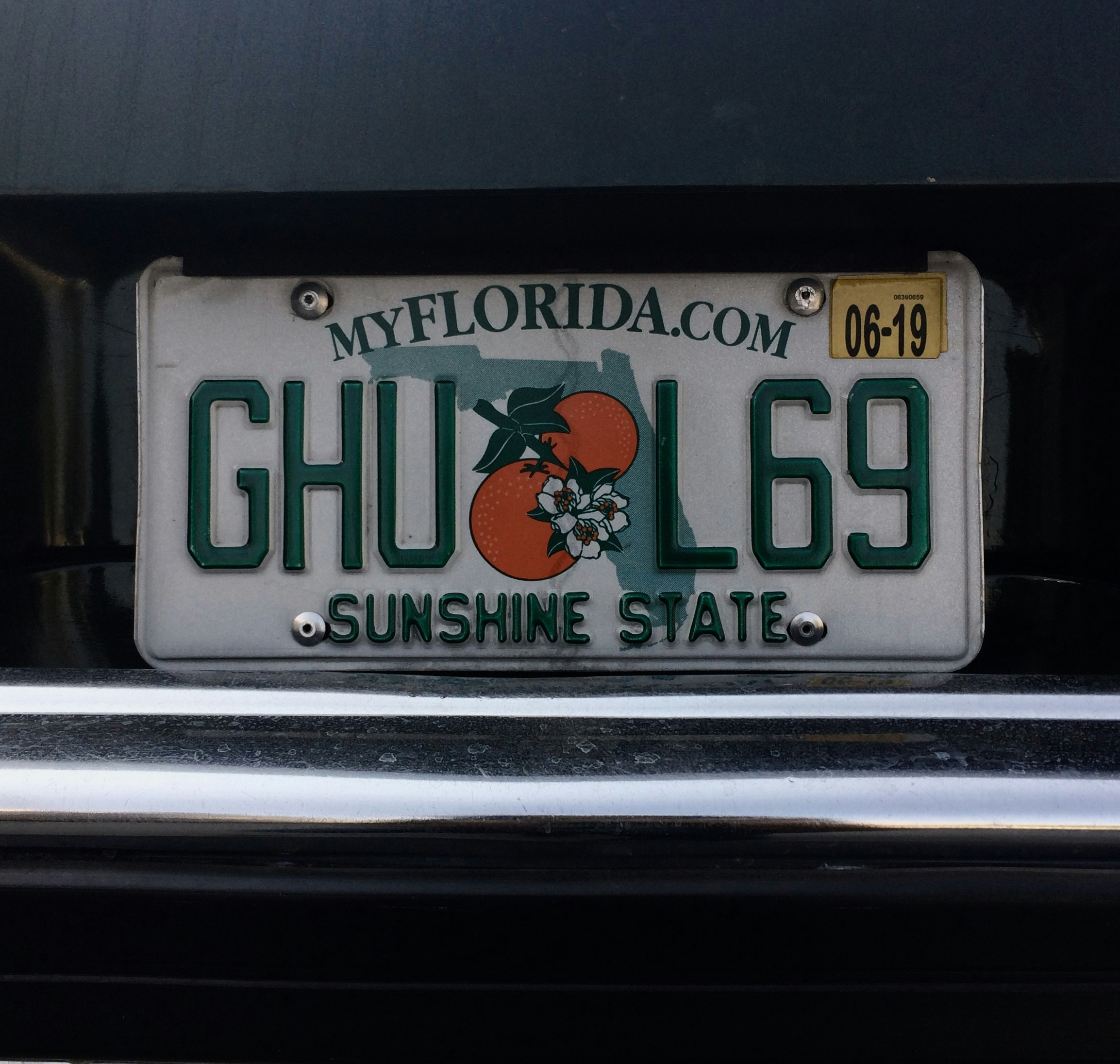What is Condo Insurance?
Condo insurance, often referred to as HO-6 insurance, is a specialized form of coverage designed specifically for condominium owners. Unlike standard homeowners insurance, which typically encompasses the entirety of a home and its surrounding property, condo insurance focuses on protecting an individual unit and the personal possessions within it. This distinction arises from the unique ownership structure of condominiums, where the building’s exterior and common areas are usually managed by a condo association. Understanding this operational difference is critical for condominium owners to effectively safeguard their investment.
The condo association typically carries a master insurance policy that covers the building’s structure, shared amenities, and common areas such as hallways and pools. This policy, however, often does not extend to the interior of individual units or to the personal belongings of unit owners. Therefore, it is essential for condo owners to purchase their own condo insurance to fill the gaps left by the master policy. This personalized coverage can protect against various risks, including theft, fire, or water damage within the unit, as well as provide liability protection in case of accidents that occur inside the home.
Moreover, condo insurance provides not only protection for the physical structure of the unit but also coverage for personal belongings, liability protection, and additional living expenses if a covered loss makes the unit uninhabitable. With the growing popularity of condominium living, understanding condo insurance becomes an increasingly crucial responsibility for unit owners. Individual coverage ensures that owners are not solely reliant on the condo association’s policy and can adequately protect their assets and mitigate potential financial risks. Thus, securing proper condo insurance is not only prudent but essential for safeguarding both personal and investment interests in a condominium setting.
Why You Need Condo Insurance
Purchasing a condo can be an exciting venture, but it also comes with its share of responsibilities, particularly when it comes to protecting your investment. Condo insurance, often referred to as an “HO6 policy,” is specifically designed for condominium owners to safeguard their property and personal belongings from various risks. One of the primary reasons to consider condo insurance is the potential for damage caused by unforeseen events, such as fire, theft, or water damage. These incidents can lead to significant financial loss, making adequate coverage essential.
In a condo setting, it’s important to recognize that while the building’s master policy may cover certain aspects of the condo complex, it often does not extend to the interior of your unit or personal property. This leaves condo owners vulnerable to financial setbacks should disasters strike. For instance, a fire could devastate your living space, and without adequate condo insurance, you might face substantial costs to repair damages and replace personal possessions.
Additionally, theft is a concern that condo owners should not overlook. If valuable items, such as electronics or jewelry, are stolen, having condo insurance can help ease the burden of replacing them. Furthermore, water damage from burst pipes or flooding can result in repairs not just to your walls and floors but also to your belongings. The financial implications of these risks can be overwhelming without the right insurance coverage.
Another crucial advantage of condo insurance is the peace of mind it offers. Knowing you are protected against various risks allows you to focus on enjoying your space rather than worrying about the potential for financial hardship. In today’s world, where uncertainties abound, securing condo insurance is not just a wise decision; it is an essential aspect of responsible condo ownership.
What Does Condo Insurance Cover?
Condo insurance, also known as an H06 policy, plays a vital role in protecting the individual unit owner’s interests and belongings. Unlike homeowners insurance, which covers an entire structure, condo insurance focuses specifically on your private unit and personal possessions. Understanding its coverage is essential for condo owners looking to secure their assets.
One of the primary features of condo insurance is personal property protection. This aspect covers losses or damages to personal belongings, such as furniture, electronics, and clothing, due to various perils like fire, theft, or vandalism. The coverage typically extends to items located within the insured unit, ensuring that policyholders can recover losses without a significant financial setback.
Another critical component of condo insurance is liability coverage. This protects condominium owners from financial loss in the event of lawsuits resulting from bodily injury or property damage occurring in their unit. For example, if a guest slips and falls in your condo, the liability coverage would help cover legal fees and any settlements. This protection is crucial, as it safeguards personal assets against unforeseen incidents that could lead to costly legal battles.
In addition to personal property and liability protection, condo insurance often covers additional living expenses. If a covered loss renders the unit uninhabitable, this feature helps pay for temporary accommodations and related costs, allowing owners to focus on recovery without incurring undue financial strain.
It is important to differentiate between what is covered by the condo association’s master policy and individual condo insurance. While the association’s policy generally covers the building’s structure and shared areas, it may not include personal possessions or liability for individual unit owners. Hence, having a solid understanding of both policies is integral in ensuring comprehensive protection for condo owners.
What is Not Covered by Condo Insurance?
Condo insurance is designed to protect the policyholder’s personal property and provide liability coverage; however, it is vital to understand what is excluded from these policies. One common misconception is that condo insurance covers all types of damage. In reality, certain disasters like floods and earthquakes are typically not included in standard condo insurance policies. This means that if your condominium suffers damage as a result of flooding or seismic activity, you may be financially responsible for the repairs without additional coverage.
Flood damage is particularly noteworthy since it is often severe and can lead to extensive repairs. To protect against such events, homeowners may need to acquire a separate flood insurance policy, which is provided through the National Flood Insurance Program (NFIP) or other private insurers. Earthquake coverage operates in a similar manner; residents in earthquake-prone areas should consider purchasing additional insurance that specifically addresses this risk. Understanding these exclusions is critical in order to prepare adequately for unforeseen events.
Beyond natural disasters, there are other items typically not covered by condo insurance. For instance, personal valuables like jewelry, fine art, or collectibles may require higher limits than those provided in a standard policy. Additional endorsements or schedules can be added to enhance coverage on these items and ensure adequate financial protection. Moreover, liability coverage may not extend to certain situations, such as intentional acts or occurrences that happen outside of the insured property premises.
Given these exclusions, it is essential for condo owners to thoroughly review their insurance policies and understand the limits of their coverage. This discussion should also inspire consideration for supplemental insurance to fill the gaps and better protect against specific risks. By being fully informed, condo owners can make proactive choices that enhance their security and peace of mind.
Factors that Affect Condo Insurance Rates
When it comes to determining condo insurance rates, several key factors play a significant role. Insurance companies assess these elements to calculate the premium an owner needs to pay for their coverage. One of the primary factors is the location of the condo. Areas prone to natural disasters, high crime rates, or other risks may lead to higher insurance premiums. Understanding the geographical vulnerabilities can help condo owners make informed decisions regarding their coverage.
The age of the building is another crucial consideration. Older structures may be more susceptible to various risks, which can increase the likelihood of claims. Insurance providers often view well-maintained, newer properties as less risky, translating to more favorable rates. Therefore, potential buyers should take into account the age of their condo and if it has undergone recent renovations, as these improvements could mitigate risks and potentially lower condo insurance costs.
Safety features within the condo also significantly influence insurance rates. Properties equipped with security systems, fire alarms, and other safety enhancements may qualify for discounts on their premiums. Condo owners are encouraged to invest in such features not only for their own security but also for the potential savings on insurance costs. Furthermore, a history of claims or the lack thereof is a vital factor. A condominium with a history of multiple claims could face increased rates, while condos with minimal or no claims may benefit from better rates.
In conclusion, understanding these factors can empower condo owners to make strategic choices that may lead to lower insurance premiums. By considering the location, building age, safety features, and claims history, owners can adequately assess their insurance needs and find ways to optimize their condo insurance rates.
How to Choose the Right Condo Insurance Policy
Selecting the appropriate condo insurance policy is a crucial decision that safeguards your property and belongings. To begin with, assess your personal needs by considering the value of your possessions and the specific risks associated with your location. Determine whether you require comprehensive coverage that protects against various perils or a more basic plan that fits a tighter budget.
Once you have a clear understanding of your requirements, it’s essential to compare different policies from various providers. Check the coverage limits and ensure that they adequately reflect the value of your possessions and any potential liabilities. This comparative analysis can help you identify the best condo insurance options available, ensuring you don’t compromise on essential coverage just to save on premiums.
In addition to comparing coverage, review customer service ratings of potential insurance providers. A company’s reputation for service can significantly impact your experience, especially when you need to file a claim. Look for feedback from current policyholders regarding their claims process and overall satisfaction. Choosing a provider with a strong track record in customer support will give you peace of mind should any issues arise.
Furthermore, it is imperative to read the fine print associated with each condo insurance policy. This includes understanding exclusions, deductibles, and specific conditions that may affect your coverage. Do not hesitate to ask questions about any aspects that are unclear, as this will ensure that you have a comprehensive grasp of your policy before making a commitment. Taking these steps will not only help you select a policy that aligns with your needs but also provide you with valuable protection for your condo and belongings.
How to File a Claim for Condo Insurance
Filing a claim for condo insurance can seem overwhelming, but following a systematic approach makes the process manageable. It is vital to first review your condominium insurance policy to understand the specific coverage details and requirements for filing a claim. Start by assessing the damages or losses incurred and document them thoroughly. Take photographs of the affected areas or items as visual evidence can significantly support your claim.
Once you have gathered the necessary documentation, the next step is to contact your insurance provider. Most companies allow you to file a claim over the phone or through an online portal. Be prepared to provide essential information such as your policy number, dates of the incident, and a description of the damage or loss. It’s recommended to report the claim as soon as possible, usually within a specific timeframe outlined in your policy, to avoid any complications.
After filing your claim, an adjuster will be assigned to evaluate the situation. They will investigate the damages, review your evidence, and discuss the scope of repairs needed. Engaging effectively with the adjuster is crucial; provide them all requested information calmly and confidently. Remember, maintaining clear communication can expedite the claims process and ensure that your condo insurance coverage addresses your needs.
One common pitfall to avoid during this process is underestimating the importance of thorough documentation. Insufficient or poorly organized evidence can lead to delays or rejections. Additionally, be cautious of making any repairs before the adjuster’s assessment, as this may impact your claim. Keeping a detailed record of all communications with your insurer can prove beneficial as well. Properly navigating the claims process will help ensure a smooth and successful experience with your condo insurance.
Tips for Lowering Your Condo Insurance Premiums
Reducing your condo insurance premiums is not only beneficial for your finances but also essential for ensuring that you are adequately protected without overspending. Here are several actionable tips that can help condo owners achieve lower insurance costs.
One effective strategy is to bundle your condo insurance with other policies, such as auto or life insurance, offered by the same provider. Many insurance companies provide substantial discounts to policyholders who opt for multiple coverage plans. Contact your insurance agent to inquire about available bundling discounts that could lead to significant savings.
Another approach to lower your premiums is to consider increasing your deductibles. A deductible is the amount you pay out-of-pocket before your insurance kicks in. By raising your deductible, you can often reduce your premium costs, as this reflects a lower risk for the insurer. However, it’s crucial to select a deductible that aligns with your financial capacity to cover unexpected expenses.
Enhancing the security of your condo can also lead to decreased insurance rates. Installing high-quality locks, security cameras, or alarm systems may not only give you peace of mind but can also qualify you for discounts with your insurance provider. Additionally, informing your insurer about these security enhancements can ensure you take full advantage of any applicable discounts.
Lastly, maintaining a claims-free record is an effective way to keep your condo insurance premiums low. Insurance companies often reward clients who have not made claims in recent years by offering lower rates. If you find yourself needing to make a claim, consider whether it is worthwhile or if you can cover the expense without involving your insurer.
Overall, exploring discounts and implementing these strategies can significantly reduce your condo insurance costs, ensuring you maintain coverage without straining your budget.
Conclusion: Is Condo Insurance Right for You?
Condo insurance plays a crucial role in protecting the financial interests of condominium owners. Unlike homeowners’ insurance, which covers the entire property, condo insurance is tailored to cover personal belongings within the unit and any improvements made to the interior. This specialized coverage not only safeguards your possessions from a range of risks such as theft, fire, and natural disasters but also provides liability protection in case someone is injured while visiting your home. As a financially prudent step, obtaining condo insurance can significantly mitigate the risks associated with property ownership.
When considering whether condo insurance is suitable for you, it is essential to evaluate your personal circumstances. Factors such as the value of your personal belongings, your financial situation, and the specific risks associated with your location will influence your decision. For instance, if your unit is in an area prone to severe weather, the need for comprehensive coverage becomes even more apparent. Assessing these elements can help you ascertain the level of protection necessary to secure your investment effectively.
Additionally, reviewing available policy options is crucial. Each condo insurance policy differs in coverage limits and exclusions, hence understanding what is and isn’t covered is imperative for making an informed decision. Engaging with an insurance professional can provide clarity on these matters. Their expertise can guide you through the various policy offerings and help you find one that comprehensively meets your needs and budget.
In conclusion, the importance of condo insurance cannot be overstated. By securing a well-suited policy, you not only protect your belongings but also ensure peace of mind. We encourage you to consult with an insurance expert to explore the best condo insurance options available and to make an informed decision that aligns with your unique requirements.






